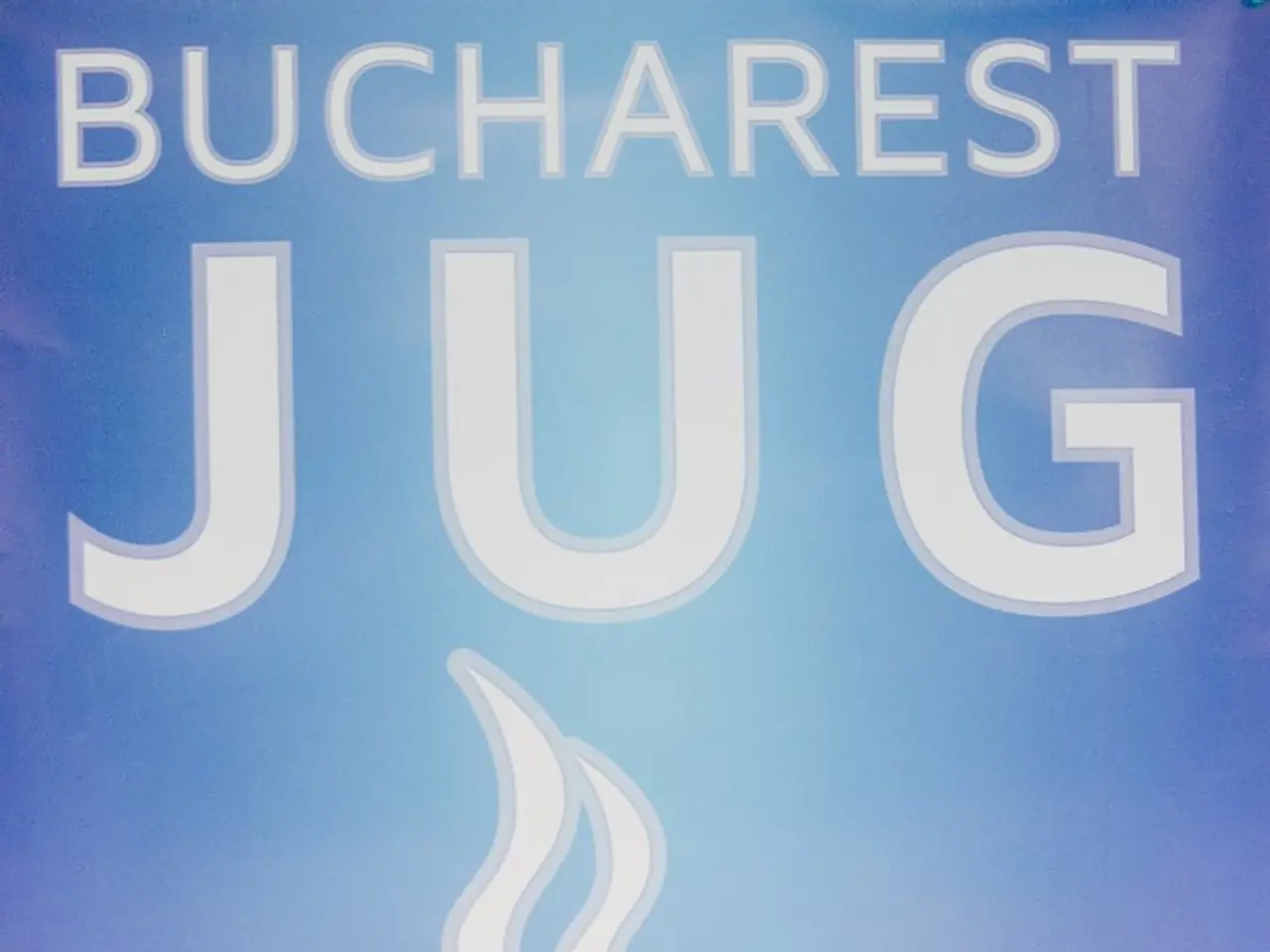Pi Network's value is gradually increasing once more.
The Pi Network, a popular cryptocurrency, is currently grappling with a significant divide within its community over the Global Consensus Value (GCV) of $314,159 per Pi, a symbolic valuation that is significantly higher than the current market price of around $0.60 to $1. This dual valuation system—where Pi Coin holds a high internal value within its ecosystem but trades much lower on exchanges—has sparked intense debate and raised concerns about the network's credibility, sustainability, and trustworthiness.
### Trust and Transparency Issues
The enormous discrepancy between the GCV and market price has eroded community trust. Users worry that this creates confusion about the true worth of Pi Coin and may undermine confidence in the network’s valuation methodology. Some critics argue that this dual valuation system could be exploited by buying Pi at low exchange prices and spending it at the much higher GCV rate within the ecosystem, potentially leading to price manipulation and unfair economic advantages.
### Arguments Supporting the Dual Value Model
Pi advocates argue that the high GCV fosters merchant trust, guarantees price consistency within the Pi ecosystem, and creates a stable environment for decentralized apps and platforms built on Pi. The model is also viewed as a protection against external volatility and exchange market manipulation, offering a form of internal economic stability. Proponents suggest that enforcing Know Your Customer (KYC) verification and integrating GCV with smart contracts could help maintain trust and limit exploitation risks, reinforcing community confidence in the system.
### Outlook and Community Expectations
The Pi Core Team faces significant pressure to address these concerns, especially as the community looks forward to upcoming events like Pi2Day 2025, where major platform updates, ecosystem tools, and potentially more integration with real-world businesses and AI features are expected. These developments are critical to supporting token liquidity, boosting global adoption, and validating the GCV's role within the network.
However, Pi’s recent price decrease and the broader crypto market slowdown have intensified scrutiny and raised concerns about whether the GCV can stabilize and align more closely with real market dynamics. The future of Pi likely depends on how effectively it manages this dual valuation system and delivers on promises of technical improvements and real-world adoption.
In a recent move, the Pi Network has integrated Zypto, a crypto wallet and payment platform, into its verified KYB partner list, marking a trend of increasing integration of verified financial services within the Pi Network ecosystem. This integration, while not solely responsible for Pi's bullish trend in the crypto market, is seen as a positive step towards boosting the network's appeal to users.
Despite the challenges, the Pi Network community remains engaged and divided, with some pioneers betting on ambitious projections for the future of Pi and others advocating for a more cautious and realistic approach. The outcome of this debate and the Pi Network's response to these challenges could significantly impact the cryptocurrency's future.
- The Pi Network's ongoing discussion revolves around the integration of financial services, as seen in the recent inclusion of Zypto, a crypto wallet and payment platform, into their verified KYB partner list, which proponents argue could stimulate growth and increase the network's appeal to users.
- The debate over the dual valuation system in the Pi Network has heightened amidst concerns about trust, transparency, and potential price manipulation, with Pi's advocates suggesting that enforcing Know Your Customer (KYC) verification and integrating the Global Consensus Value (GCV) with smart contracts could help maintain trust and limit exploitation risks.




